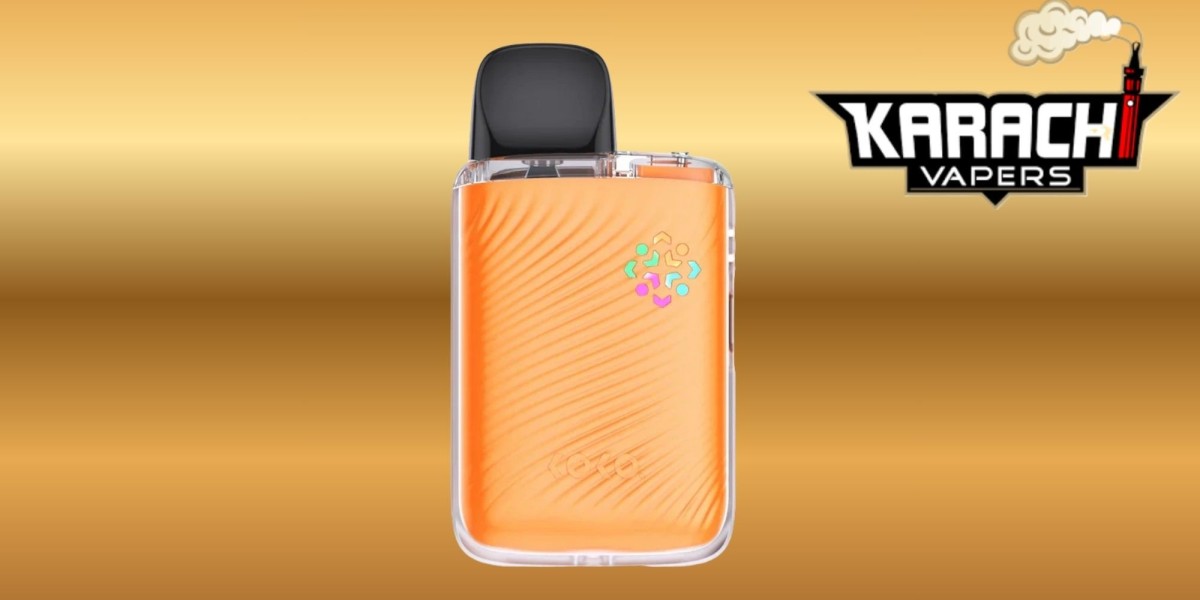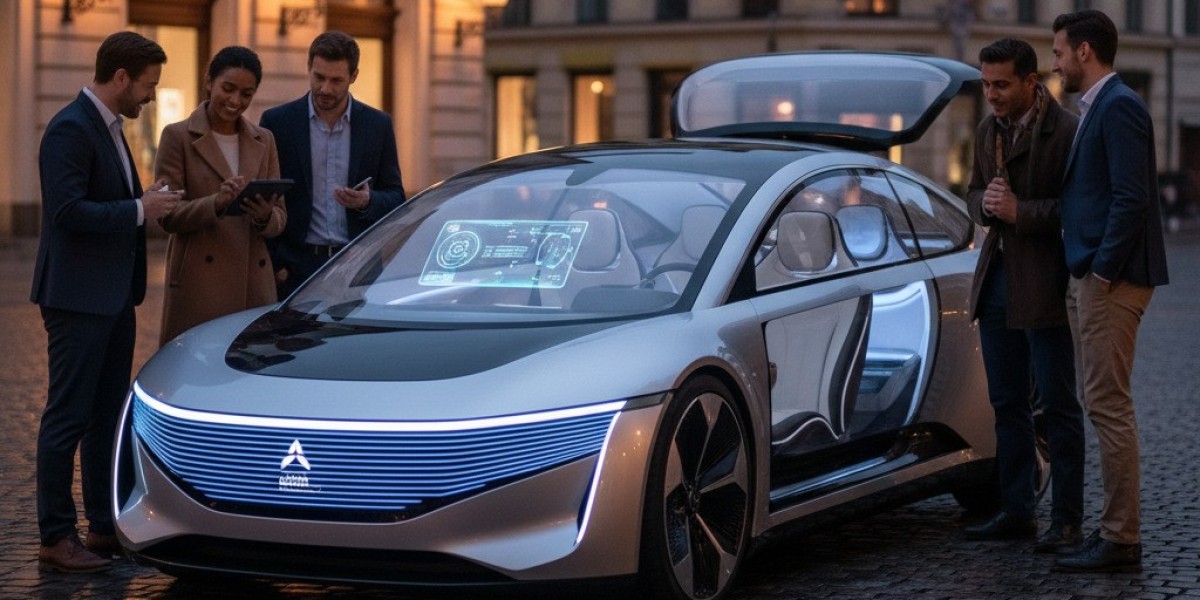The Smart Window Market is witnessing rapid growth as buildings and vehicles increasingly adopt intelligent glass solutions that offer energy efficiency, privacy, and comfort. Smart windows, also known as IoT glass or intelligent glass, enable features like automated shading, smart tinting, and dynamic light control, revolutionizing modern construction and automotive design. The integration of these solutions is driving demand for more sustainable and technologically advanced window systems globally.
Key drivers of the Smart Window Market include growing urbanization, energy efficiency regulations, and increasing adoption of smart buildings. Advanced features such as automated shading and energy-efficient windows are being incorporated in commercial, residential, and automotive applications. The market is further supported by innovations in complementary sectors, such as the US IoT Sensor Market, which provide precise environmental data to optimize window performance, and the Analog Integrated Circuit Market, which enhances the functionality and responsiveness of smart window control systems.
Key advantages of smart windows include:
Reduction in energy consumption for heating and cooling.
Enhanced user comfort through automated light and heat control.
Improved privacy with smart tinting features.
Integration with IoT systems for smart home and office automation.
As technology continues to evolve, IoT glass and smart tinting solutions are expected to become standard in sustainable buildings and premium vehicles. With rising demand for intelligent glass and automated window systems, the Smart Window Market is poised for significant growth, offering opportunities for manufacturers, developers, and smart home technology providers.
FAQs
Q1: What is the main benefit of smart windows in buildings?
Smart windows help reduce energy consumption by adjusting tint and light transmission automatically, improving both comfort and efficiency.
Q2: How do IoT sensors enhance smart window performance?
IoT sensors monitor environmental conditions like light and temperature, enabling automated shading and smart tinting for optimized energy management.
Q3: Are smart windows used in vehicles as well?
Yes, intelligent glass and automated shading systems are increasingly integrated into automotive designs for improved comfort, privacy, and energy efficiency.








